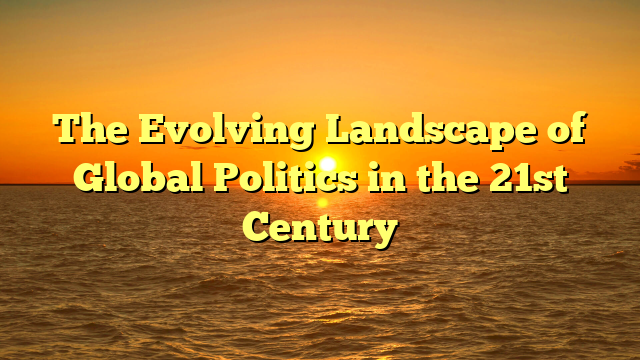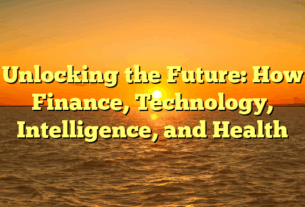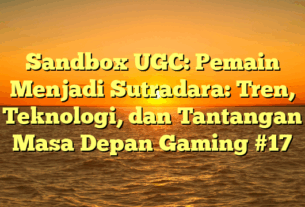Politics in the 21st century is undergoing profound transformation. From the rise of populism and increasing polarization to technological disruption and shifting global alliances, the political landscape is more dynamic—and uncertain—than ever before. As nations grapple with internal challenges and global crises, the direction of world politics continues to evolve in unexpected ways.
The Rise of Populism and Political Polarization
Over the past decade, populist movements have gained traction across various continents. Leaders with nationalist agendas have capitalized on public dissatisfaction, economic inequalities, and cultural divisions. In countries like the United States, Brazil, Hungary, and India, populist rhetoric has reshaped political discourse, often challenging established institutions and democratic norms.
At the same time, political polarization has intensified. In democratic nations, the middle ground is shrinking as parties move toward ideological extremes. fero4d daftar has made compromise more difficult, weakened legislative effectiveness, and increased social tension. The phenomenon is especially visible on social media platforms, where echo chambers and misinformation exacerbate divisions.
Technological Impact on Politics
Technology has become a central force in shaping modern politics. Social media platforms like X (formerly Twitter), Facebook, and TikTok have changed how politicians campaign and communicate with the public. While these platforms offer new ways to engage with constituents, they also present serious challenges, including the spread of fake news, manipulation by foreign actors, and data privacy concerns.
Artificial intelligence (AI) is also beginning to play a role in governance, both as a tool and a topic of debate. Governments are exploring how AI can improve public services, while also facing tough questions about regulation, surveillance, and ethical use. In the wrong hands, AI can be weaponized to influence elections or suppress dissent.
Climate Change and Global Cooperation
One of the most pressing political issues of our time is climate change. While the scientific consensus on global warming is strong, political action remains inconsistent. International agreements like the Paris Accord aim to coordinate efforts to reduce emissions, but enforcement mechanisms are weak, and national interests often take precedence over global responsibility.
Still, the urgency of the climate crisis has led to greater youth engagement in politics, with movements like Fridays for Future and Extinction Rebellion pushing governments to take stronger action. Climate policy is becoming a key issue in elections, forcing politicians to articulate clear plans for sustainability.
The Shifting Balance of Power
Geopolitically, the 21st century has seen the re-emergence of great power competition. The rise of China as a global economic and military force has challenged the long-standing dominance of Western powers, particularly the United States. Conflicts over trade, technology, and territorial claims have led to increased tension, particularly in the Indo-Pacific region.
Meanwhile, organizations like NATO, the UN, and the EU are being tested by internal divisions and external threats. Regional conflicts, such as the war in Ukraine and unrest in the Middle East, further complicate efforts to maintain global stability. In many regions, diplomacy is being replaced by aggressive posturing and military buildups.
Conclusion
The political world of today is more interconnected yet more fragmented than ever before. Technology empowers both governments and individuals, but it also presents new risks. Populism and polarization challenge democratic institutions, while global cooperation remains fragile in the face of shared threats like climate change and pandemics.
As the 21st century progresses, the future of politics will depend on the ability of leaders and citizens alike to adapt, engage, and uphold democratic values. In an age of complexity and rapid change, political resilience and informed civic participation are more important than ever.



